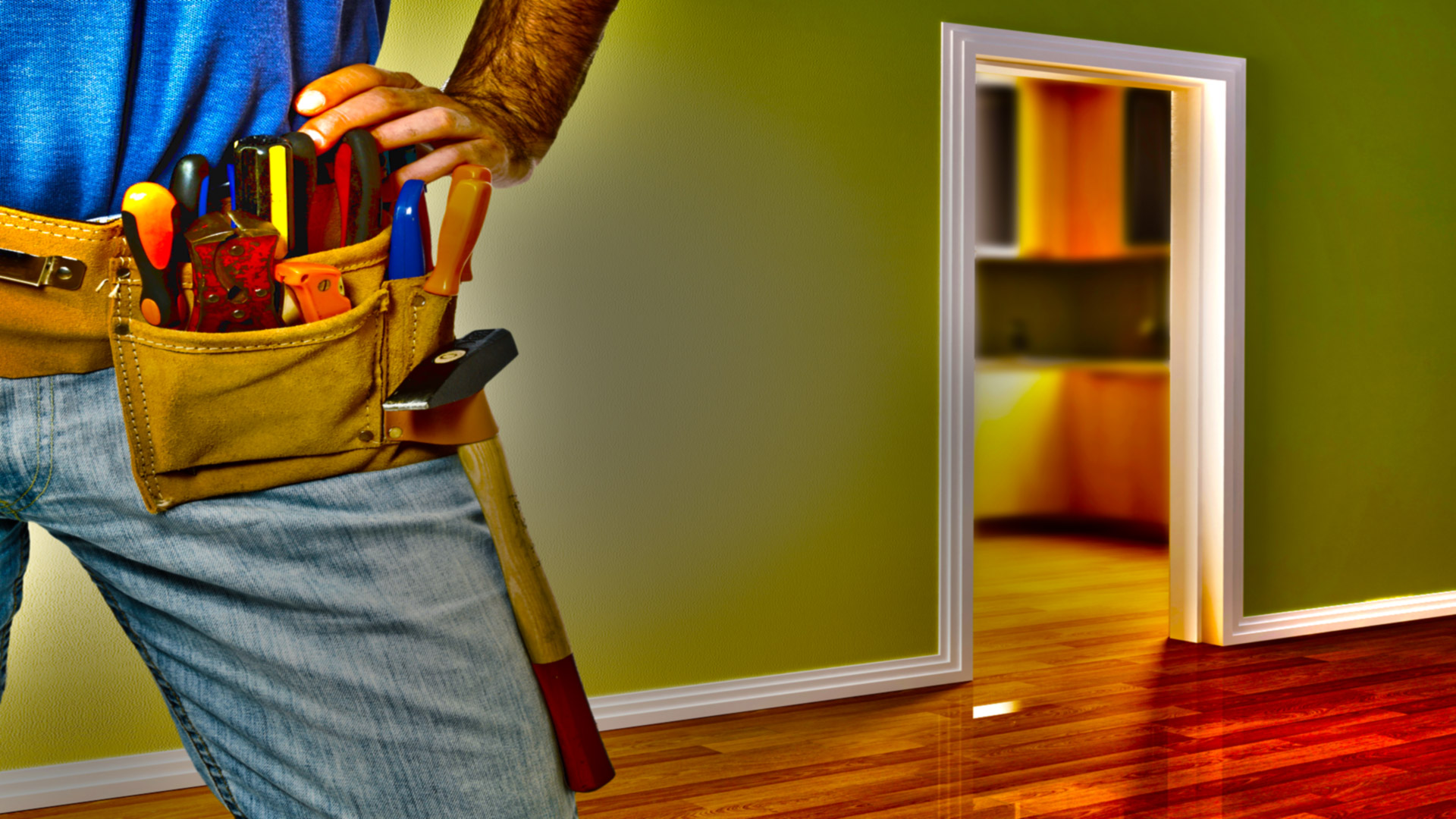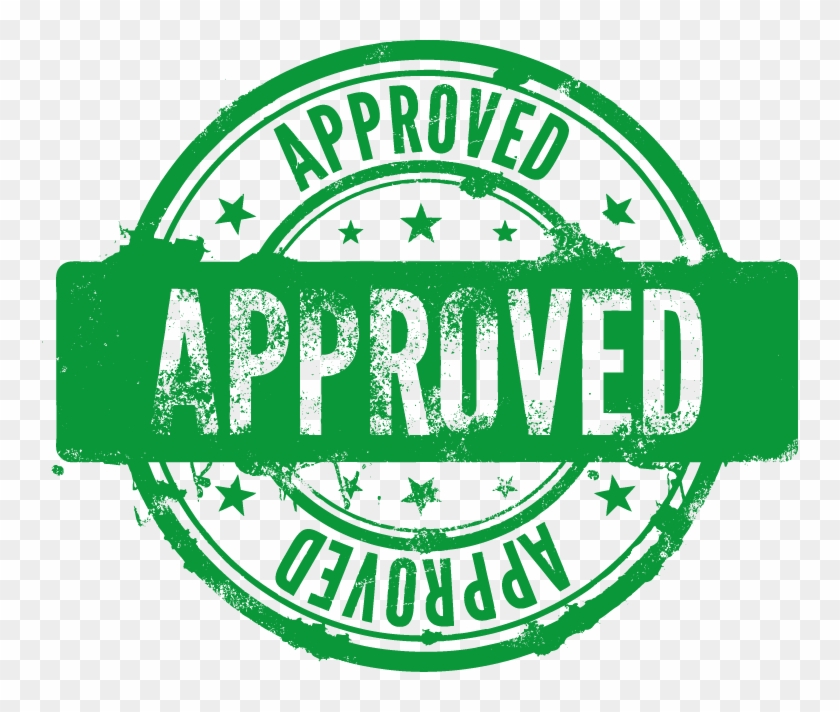What is Escrow holdback?
Imagine that you are purchasing a house. You have inspections performed, only to find repairs that are needed to be conducted. Depending on what was found and the loan program that you are using, these repairs could stop the purchase if unfixed. Other times you may not be in a position to want to except the house without the repairs being completed. If the seller is willing to make the necessary repairs, the sale can continue, but what happens if the seller does not have the funds to get the repairs completed prior to selling the house? Or what if the repairs are going to extend past the lock period for your loan? In these cases, the lender can approve what is called escrow holdback. This article will explain a little about what escrow holdback is and how it works.
Escrow holdback is basically funds that are held back from the proceeds of a sale, and held by the title company or closing agent, until after the repairs are completed. This is not the same escrow account that is held by the lender for paying your property taxes, home insurance, and any HOA fees. According to the Oxford Dictionary, escrow is defined as, “a bond, deed, or other document kept in the custody of a third party and taking effect only when a specified condition has been fulfilled.” In this context, the money in escrow belongs to the seller, however the monies will be used to pay the contractors that are performing the repairs in question. Any excess funds after the repair has been paid for will be dispersed to the seller.

What is the process for escrow holdback?
To obtain an escrow holdback, first you need to have inspections performed. Typically we see escrow holdback used on VA and FHA loans where there are requirements for suitability with those programs. Once the inspections are performed, if there are deficiencies noted within the home, the buyer will request the seller to repair the items found during the inspection. If the seller agrees to repair the shortfall but does not have the money for the repairs, estimates for the repairs will need to be obtained. The lender is then informed of the repairs needed to pass the inspection, the cost of the repairs, and requested that the repairs be completed after closing using sellers proceeds
from the loan. Seller proceeds are the funds that the seller would receive after the seller’s closing costs, including the current mortgage, and any realtor commissions are paid. If the lender approves the request, closing is structured to withhold the cost of the repairs, typically with an added reserve to cover anything unexpected, in an escrow account. After closing and the repairs are completed, proof of repair is sent to the lender for approval. Once approved, the funds are disbursed to the contractor doing the repair. Any funds left in the escrow account after the funds have been disbursed will be refunded back to the seller.

What happens if escrow holdback is granted?
After an approval is granted for escrow holdback, and all other conditions of the loan have been satisfied, the loan can proceed to closing. The lender may make provisions to release draws to the contractor if necessary to obtain permits and begin the work. This coordination will be between escrow agent (generally the title company) and the lender.
What Happens Once Repairs Have Been Completed?
Once the repairs have been completed, the lender will typically need proof of the repairs. This generally comes in the form of a re-inspection or an updated appraisal showing that the items to be repaired are in working condition. Once the lender is satisfied of the repair, they will coordinate with the escrow agent to release remaining funds from the escrow holdback.
The escrow agent will then payout the remaining balance to the contractor that performed the repair. At that point, if there is still a balance in the escrow holdback account, those funds will be released to the seller.

What are the drawbacks or an escrow holdback?
There are a couple of downsides to escrow holdback. First, from the seller's perspective, the repairs will most times need to be performed by a licensed contractor whereas if performed prior to closing, they could be done by themself. This can cost much more money. Additionally, escrow holdback can delay the delivery of the home to the buyer. They will not be allowed to take possession of the home until the repairs have been completed, lender is satisfied with the level of repair, and the contractor has been paid. This could also involve an additional inspection further delaying the buyer moving into their new home.
